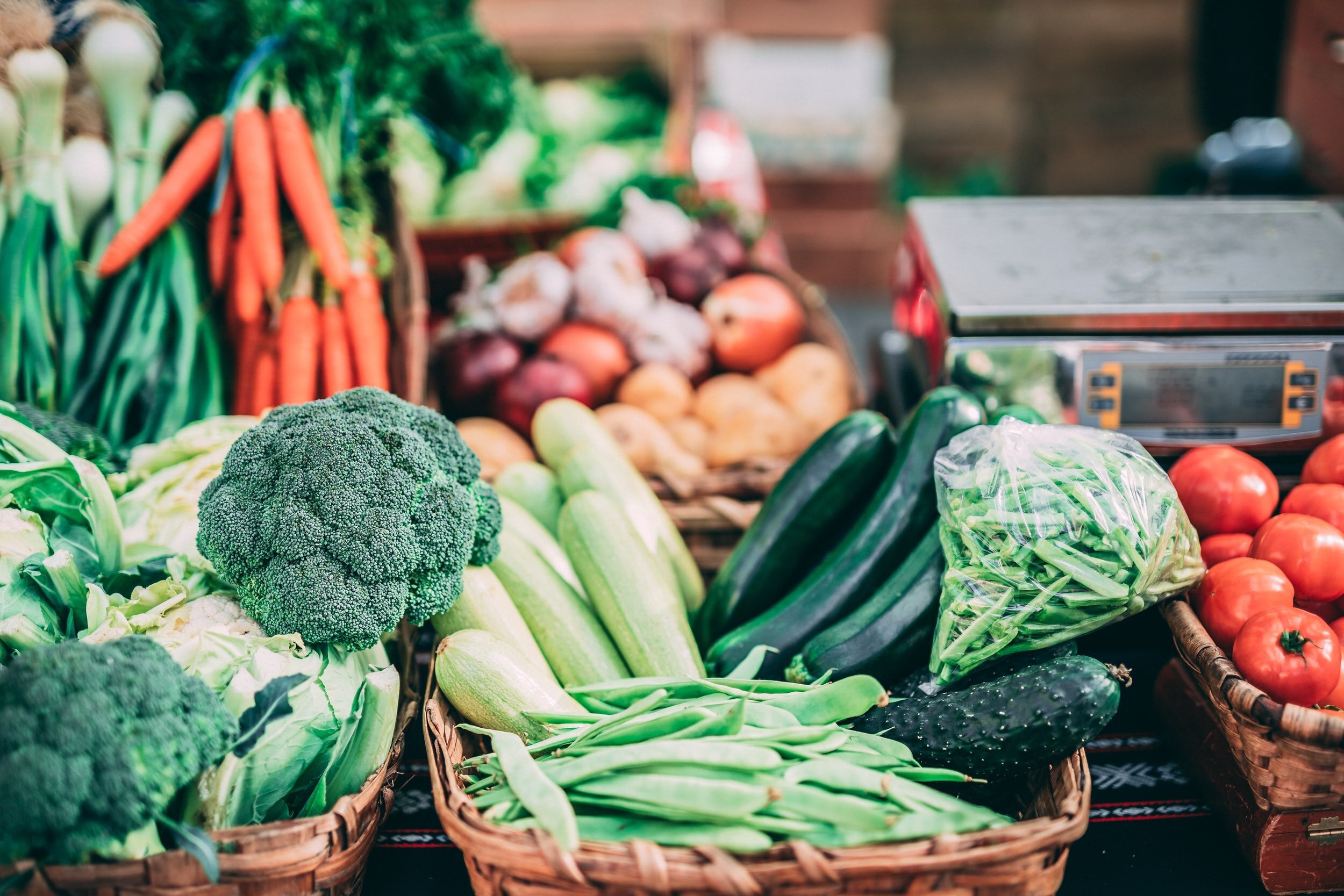The Social Impact of Food Waste
Exploring the connection between food waste and food insecurity in canada
As we search for ways to improve the relationship that we all share with our planet, we must also take a good hard look at the relationship that we have with our food.
Food waste itself can be a complex issue. Perhaps, next to the looming threat of plastic pollution or the growing shadow of textile waste, our heaps of food waste may sometimes go overlooked or even ignored.
It truly speaks to the complicated and unhealthy nature of our relationship with the modern food system when we recognize that 40% of all the food that we grow and produce here in Canada gets tossed in the trash and yet 4 million people still suffer from food insecurity.
To break it down further, that’s 1 in 8 households in Canada that are food insecure, with the impacts of the pandemic causing further strain on communities while increasing our reliance on more waste-intensive fast food and takeaway options.
Whenever discussing food insecurity, it is important that we also pause to recognize how BIPOC communities continue to be disproportionately impacted, as the inequities of our system so often reveal the connections between social and environmental justice. A recent study by PROOF and FoodShare has shown that Black households are 3.56 times more likely to be food insecure than white households here in Canada.
In some ways, many of us may have lost our ability to truly see the value in our food. There is a certain feeling of helplessness, or even shame, built into our relationship with what we consume, and what we are quick to toss away.
Both in Canada, and likewise on a global scale, we simultaneously identify overproduction and food surpluses in some areas while food shortages occur in others. At the exact same time that so many of our community members face a lack of sustainable access to healthy and nutritious foods, Canadians are also wasting nearly 2.2 million tonnes of edible food each year. In total, this costs us an excess of $17 billion collectively and costs the average Canadian household more than $1100 per year.
It is no surprise that all this wasted food comes with such a high price tag, but it isn’t only a matter of lost funds or profits that we should be concerned with. What is wasted goes far beyond the food product itself and the value of the item on the shelf. When we simply toss our food away, we “are also wasting all the resources, water, energy, land, and labour required to grow, harvest, transport, store, process, and cook our food.”
The Environmental Impacts
Did you know that each year, 56.5 M M tonnes of Co2 equivalent emissions are attributed to food waste here in Canada?
Altogether, food loss and waste (FLW) accounts for nearly 60% of the food industry’s environmental footprint. What’s more is that a good percentage of this waste is considered “avoidable,” meaning that these products make it to the store but are never actually purchased by customers. On the other side of the coin, we have “unavoidable” food waste such as animal bones or other by-products that were always planned or expected to be wasted. This tends to occur when food is broken down, cooked, and processed.
According to research by Second Harvest and Value Chain Management International, 32% (or 11.2 million tonnes) of this lost and wasted food could be rescued to support communities across Canada. They record the overall value of that avoidable waste at $49.46 billion but make a note to acknowledge that the figure doesn’t go so far as to include production costs like water, energy, labour, or disposal fees.
One major concern also comes from the fact that once the food waste finds its final home in the landfill, it breaks down and releases methane gas into the atmosphere which is 25 times as damaging as carbon dioxide.
The research also points out a few other facts related to how we value our environment and the food it produces under our modern food system…
· Apples rot under trees due to labour shortages or low prices making it uneconomical for farmers to harvest
· Surplus milk goes into sewers
· Thousands of acres of produce are plowed under due to cancelled orders
· Fish are caught and then tossed back into the water to die if they don’t match the quota
Just by scratching the surface, we begin to see how the issue of food waste is directly linked to our current systems of economic growth, our approaches to environmental sustainability, and our efforts to foster social equity.
Moving forward, we encourage the shift away from our current “take-make-waste” model towards a circular economy system that prioritizes environmental, social, and economic sustainability. Our team at A Greener Future believes that this must also be supported by a circular food economy embodied by individuals, communities, and organizations alike!
Community Resources
Black Creek Community Farm increases access to healthy food in our community through their programming and food distribution projects.
FoodShare facilitates numerous community-centered food justice programs across Toronto. Through their Good Food Box program, they work side-by-side with organizations across the city to deliver urgently needed fresh food to folks facing heightened food insecurity during the COVID-19 pandemic.
Not Far From The Tree is a fruit-picking and sharing project. NFFTT works to connect generous tree registrants with excess fruit to volunteers in their community who are willing to pick and share it. The bounty from each fruit pick is split 3 ways between the tree registrant, picking volunteers and social service agency partners, including food banks, community kitchens, supportive housing programs, and community health centres.
Second Harvest redistributes nutritious, unsold food from across Canada to charities, non-profits and Indigenous communities in every province and territory. Their free, essential service helps nourish people through school programs, seniors’ centres, shelters, food banks, and regional food hubs
The People’s Pantry Toronto is a completely volunteer-run, grassroots initiative providing home-cooked meals to individuals and families across the GTA who have been disproportionately affected by the COVID-19 crisis.













Fundraising Coordinator, A Greener Future